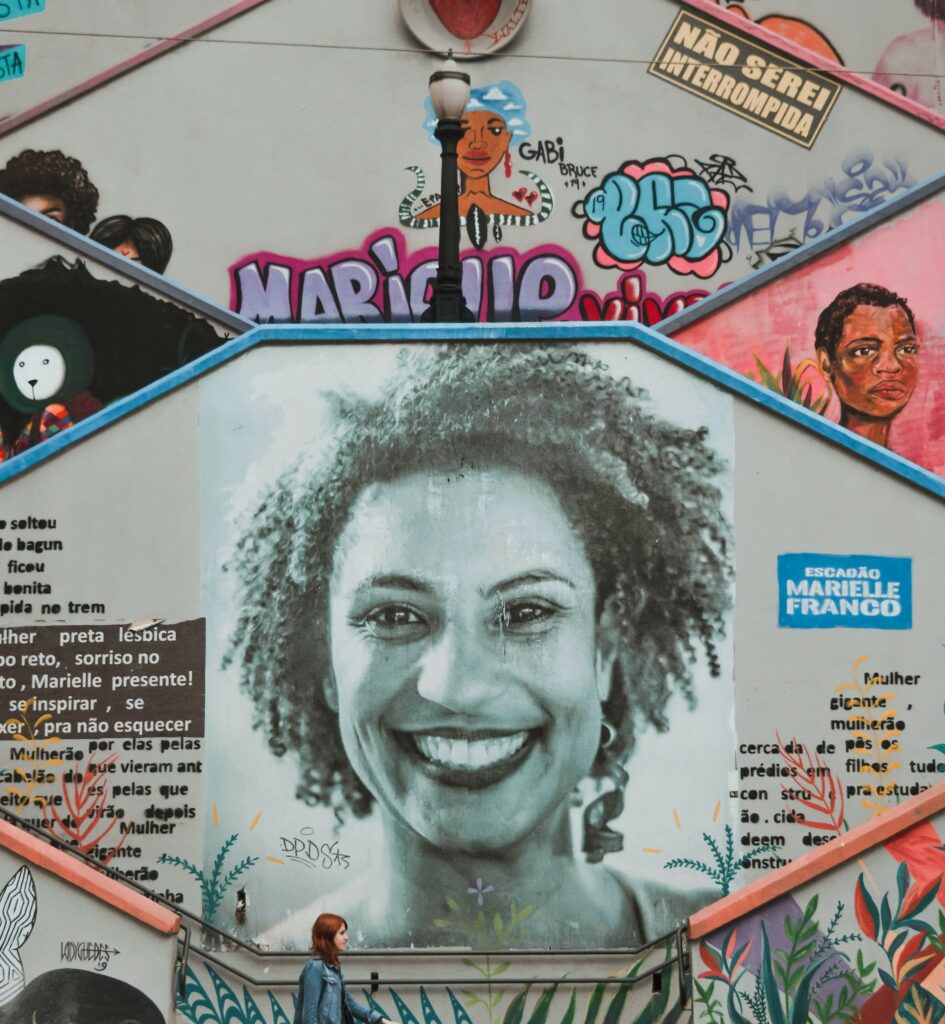
Research Themes

1 – State, Governance, and Democracy
Research in this theme studies processes of governance in areas such as education, health, security, housing, labour regulation, and employment and income generation, with a focus on inequalities of power and of political resources that either lead to or prevent the realization of rights and construction of democracy in contemporary societies. It comprises studies that analyse the participation of multiple actors – state and non-state, national and transnational, formal and informal – that can demand, decide, implement, and control public policies in complex contexts marked by heterogeneous preferences, conflicts, power dispersion, and interdependence. Power relations are at the centre of research, which are primarily interested in understanding the processes of governance and the redefinition of the roles of the state from socio-historical, socio-political, socioeconomic, and sociocultural conditions.
2: Inequality, Citizenship, and Culture
This research theme promotes studies on the dynamics and processes of production and reproduction of social inequalities in their multiple dimensions associated with the persistence of asymmetries, resistance, and social changes; on the dynamics and processes of identity, religion, formation of intellectual groups, with an emphasis on categories such as class, race, ethnicity, gender, generation, religion, among others; and also on the socio-political dynamics of individual and collective agency, involving both actors and social movements such as feminisms, the black and LGBT movements, and others, as well as policies with focus on “social minorities” in view of the construction of citizenship and democracy. Deploying different theories, guidelines, methodological approaches, and transversal perspectives of the social, cultural, and political phenomena, research in this theme approaches the debates on forms of inequalities, asymmetries, and discriminations in modern society. The themes cover ethnic, racial, cultural, gender, and generational relations and conflicts; territories and racial segregations; traditional populations and migrations; and, finally, artistic and intellectual movements.

